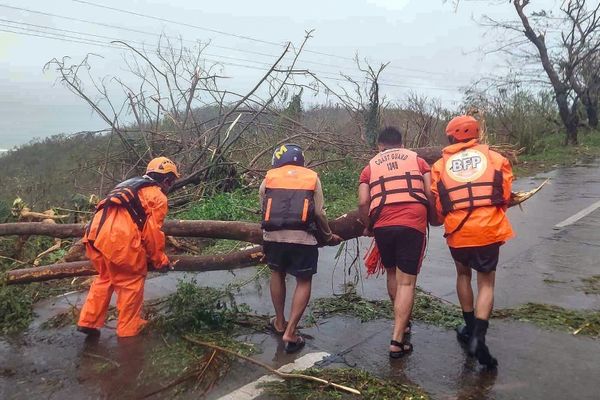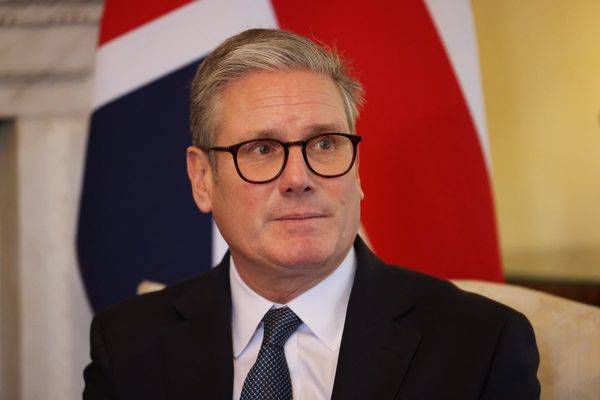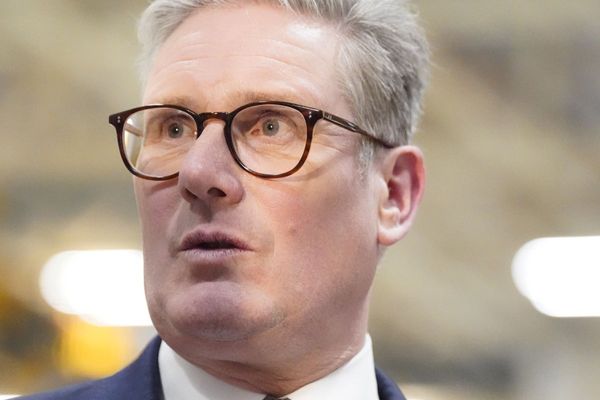Members of the G7 on Tuesday agreed to explore the possibility of imposing price caps on Russian oil as they reiterated vows to "impose severe and immediate economic costs" on Russia for its ongoing war in Ukraine.
Why it matters: Russia is the world's second-largest crude oil exporter, and Europe, unlike the U.S., is hugely reliant on Russian oil, gas and coal, Axios' Ben Geman writes.
- While the sanctions imposed on Russia in the wake of its invasion of Ukraine have been severe, the country has nevertheless been able to continue selling oil.
State of play: The G7 leaders said they would consider a "range of approaches" when it comes to Russian oil, according to the leaders' communique.
- Among these approaches will be the possibility of banning all transport of Russian oil "unless the oil is purchased at or below a price to be agreed in consultation with international partners," the G7 leaders said in the communique.
- "We invite all likeminded countries to consider joining us in our actions," they added, noting that they have asked their relevant ministers to further explore the details of such a move.
Yes, but: The leaders stopped short of introducing new energy sanctions and didn't specify how a price cap would work.
What they're saying: "We reaffirm our commitment to phase out our dependency on Russian energy. In addition, we will explore further measures to prevent Russia from profiting from its war of aggression," the communique added.
Worth noting: U.S. national security adviser Jake Sullivan said at a press briefing Tuesday that one key aspect of G7 countries determining how such a price cap would work is "intensive engagement with key consuming countries," such as India.
- Sullivan noted that senior administration officials communicated with their Indian counterparts on Monday.
The big picture: Earlier this week G7 leaders made another effort to impose costs on Russia for its war in Ukraine, by vowing to ban imports of Russian gold, which accounts for roughly $19 billion in annual revenue.
- G7 leaders also committed to contributing $4.5 billion to alleviate global food security issues stemming from Russia's war in Ukraine. More than half of the funding will come from the U.S., according to the White House.
Editor's note: This article has been updated with new details throughout.







